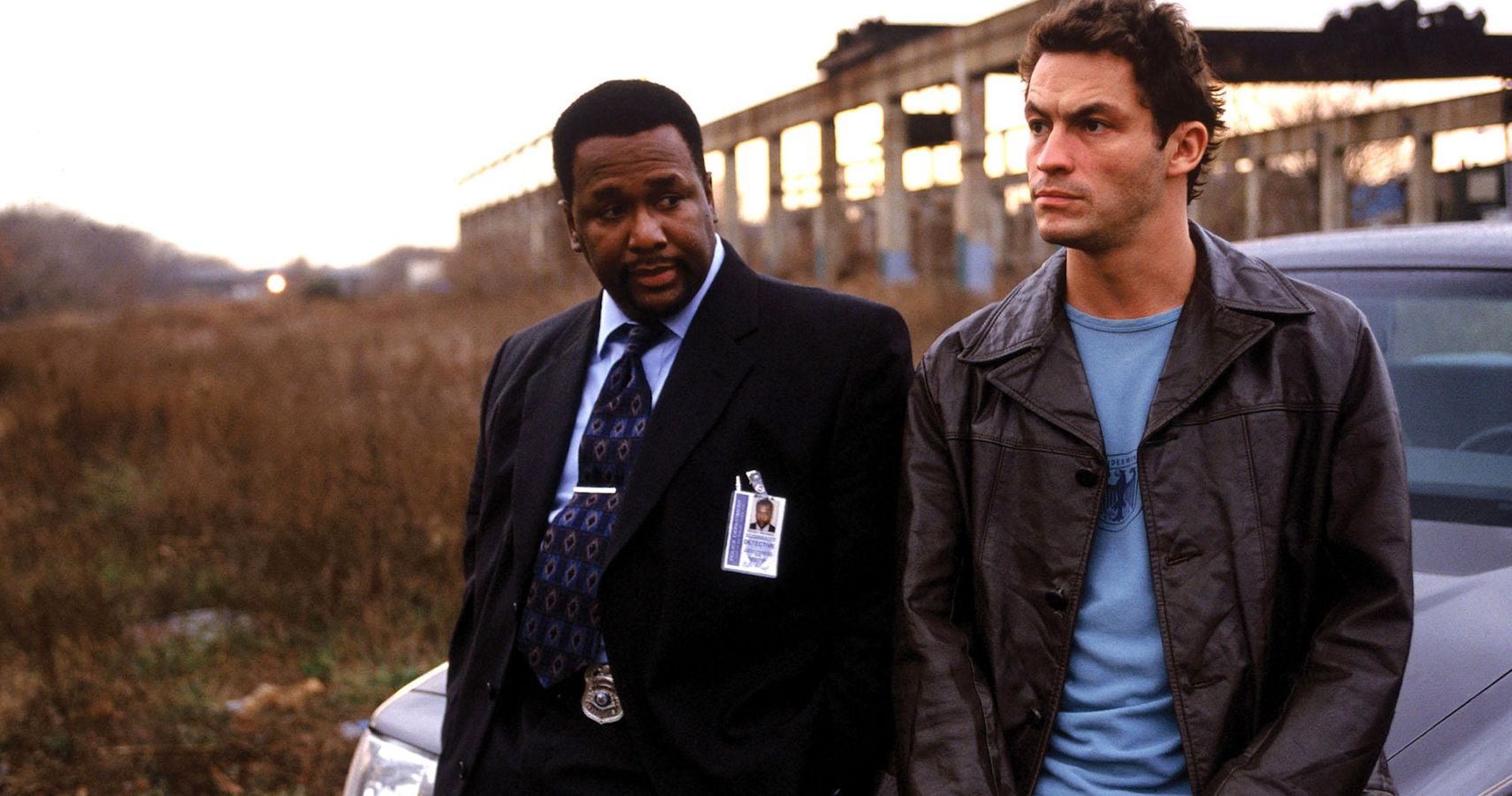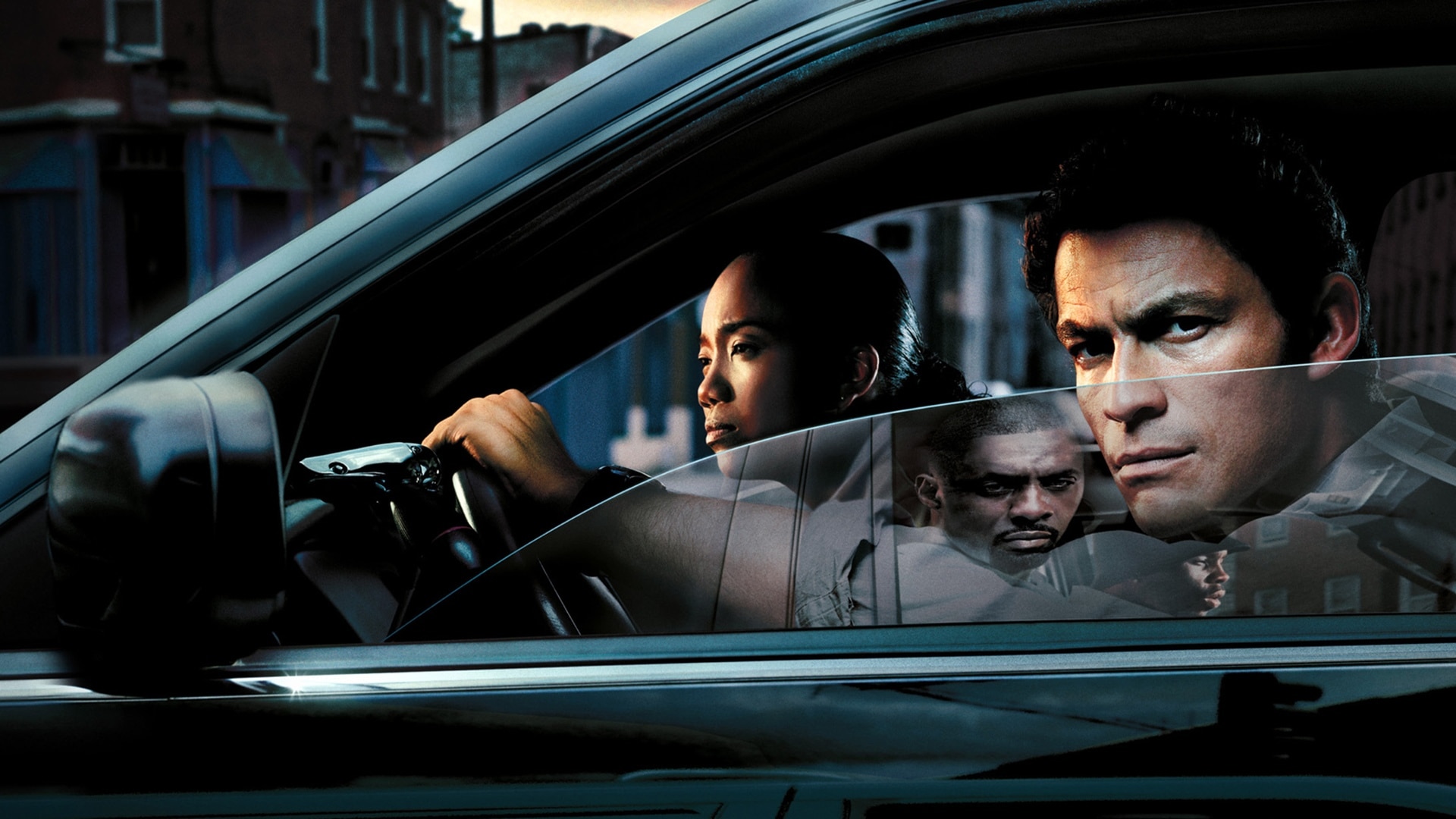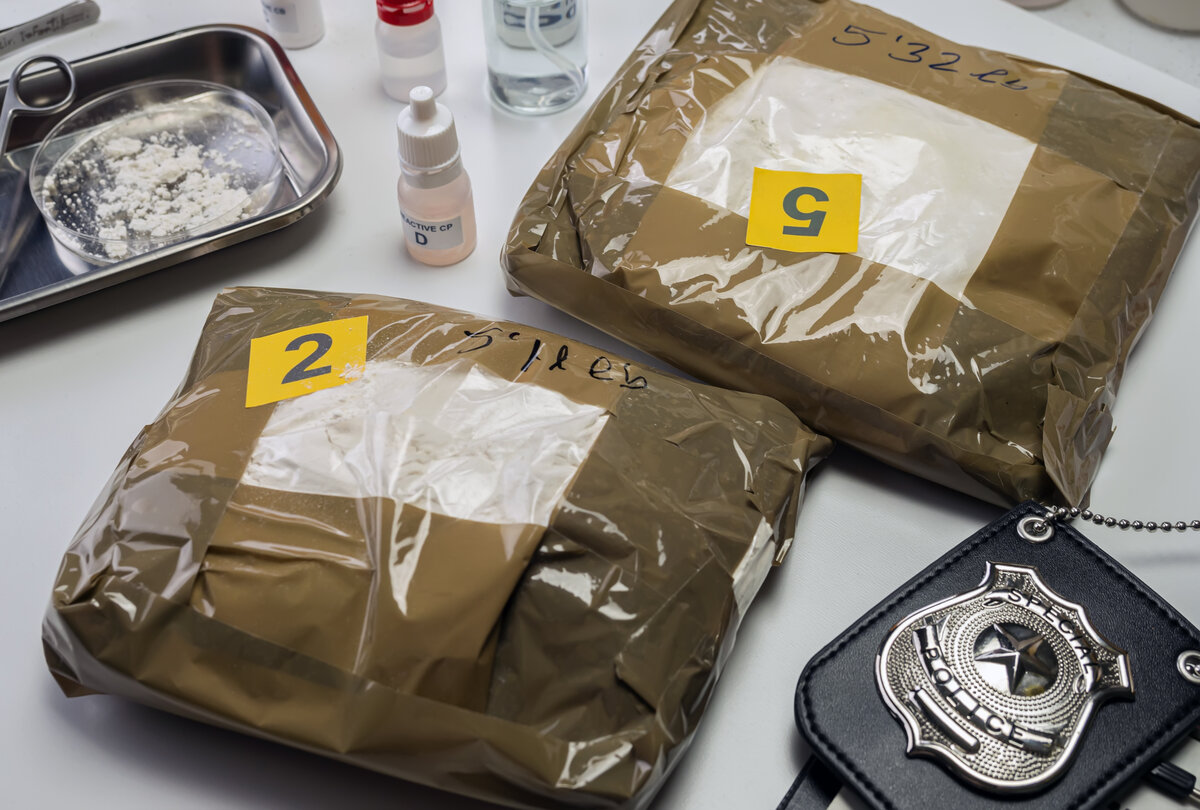
The Wire: Interconnected Institutions and Collective Failure
The Wire is not just a crime drama; it’s a comprehensive study of how institutions fail society when they prioritize self-preservation over their stated missions. Across its five seasons, the show reveals how seemingly disparate systems—law enforcement, politics, education, the media, and the drug trade—are deeply interconnected. These institutions, each plagued by their own inefficiencies and corruption, collectively perpetuate a cycle of dysfunction and despair.
Through this lens, The Wire forces us to question the very foundations of modern society. What happens when the systems meant to serve us instead conspire to exploit us?
Institutions in Isolation: A Closer Look
At first glance, the institutions in The Wire seem to operate independently. The police force chases drug dealers, the schools struggle with disengaged students, and politicians craft policies ostensibly to improve the city. But as the series unfolds, it becomes clear that these entities are not only interconnected but also complicit in each other’s failures.
Law Enforcement: Failing to Protect and Serve
The Baltimore Police Department, ostensibly tasked with upholding the law, is one of the most compromised institutions in the series. The department’s obsession with crime statistics, driven by political pressure, leads to widespread corruption and unethical practices. Officers focus on quick arrests and minor offenses rather than addressing the root causes of crime.
This short-term thinking not only perpetuates the drug trade but also destabilizes communities. The department’s dysfunction feeds directly into the failures of other institutions, particularly the justice system and education.
Politics: Ambition Over Governance
Baltimore’s political system, embodied by characters like Tommy Carcetti, is equally complicit in the city’s decline. Politicians exploit issues like crime and education to advance their careers, often ignoring the long-term consequences of their actions.
Carcetti’s trajectory—from an idealistic councilman to a self-serving governor—illustrates how systemic corruption thrives in environments where ambition outweighs accountability. Decisions made in the corridors of power ripple outwards, influencing everything from police budgets to school reforms.
Education: Failing the Next Generation
Season 4’s focus on the public school system highlights how deeply intertwined these institutions are. Schools, underfunded and overwhelmed, are forced to prioritize standardized testing over meaningful education. Teachers like Roland “Prez” Pryzbylewski recognize the system’s flaws but find themselves powerless to enact change.
The failure of the education system feeds directly into the drug trade, with young people like Michael and Dukie turning to the streets when the schools fail to provide them with opportunities. This cycle ensures that the next generation inherits the same systemic failures as their predecessors.
The Cycle of Dysfunction
One of The Wire’s most profound insights is how these institutions reinforce each other’s dysfunction. For example:
- Drug Trade and Policing: The drug trade thrives in part because of ineffective policing. Law enforcement focuses on low-level dealers to pad arrest numbers, leaving the kingpins and the systemic issues that sustain the drug economy untouched.
- Politics and Law Enforcement: Politicians push for policies that create the illusion of progress—like “tough on crime” initiatives—without addressing the systemic issues that perpetuate criminal behavior.
- Education and the Drug Trade: The schools fail to prepare students for the future, leaving them vulnerable to recruitment by drug organizations. This, in turn, exacerbates the city’s crime problem, further straining law enforcement and political systems.
A System Designed to Fail
What makes The Wire so compelling is its insistence that these failures are not accidental. The series argues that these systems are functioning exactly as they were designed: to protect themselves at all costs. Institutions prioritize their survival over their stated missions, even when doing so harms the very people they are meant to serve.
This self-preservation manifests in various ways. The police manipulate statistics to justify their budgets. Politicians promise reforms while maintaining the status quo. Schools teach to the test rather than to the student. In every case, the institution’s immediate needs take precedence over long-term solutions.
The Role of Individuals
Amid this institutional rot, individuals like McNulty, Bunny Colvin, and Prez try to challenge the system. But their efforts, while noble, often fail because they do not address the root causes of institutional dysfunction. Colvin’s “Hamsterdam” experiment, for example, offers a glimpse of what harm reduction could look like, but it is quickly shut down because it threatens the system’s integrity.
The show makes it clear that individual efforts, no matter how well-intentioned, cannot overcome systemic inertia. Real change requires a collective effort to dismantle and rebuild these systems from the ground up.
Lessons from The Wire
The Wire offers a sobering commentary on the nature of institutional failure. By showing how these systems interact and reinforce each other’s dysfunction, it challenges us to think critically about the institutions we rely on.
Are these systems truly serving their intended purposes, or are they merely perpetuating cycles of inequality and oppression? And if the latter, what can we do to change them?
Conclusion
In The Wire, institutions are characters in their own right, with motives, flaws, and a relentless drive for self-preservation. Their interconnectedness ensures that when one fails, the others follow suit, creating a web of dysfunction that ensnares everyone it touches.
By examining these failures in detail, The Wire forces us to confront uncomfortable truths about the systems that govern our lives. It’s a call to action—not just to reform individual institutions, but to rethink the way they interact and operate as a whole.
Stay tuned for more explorations of the themes, characters, and societal critiques that make The Wire a timeless masterpiece.



